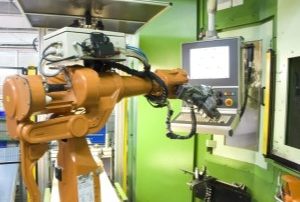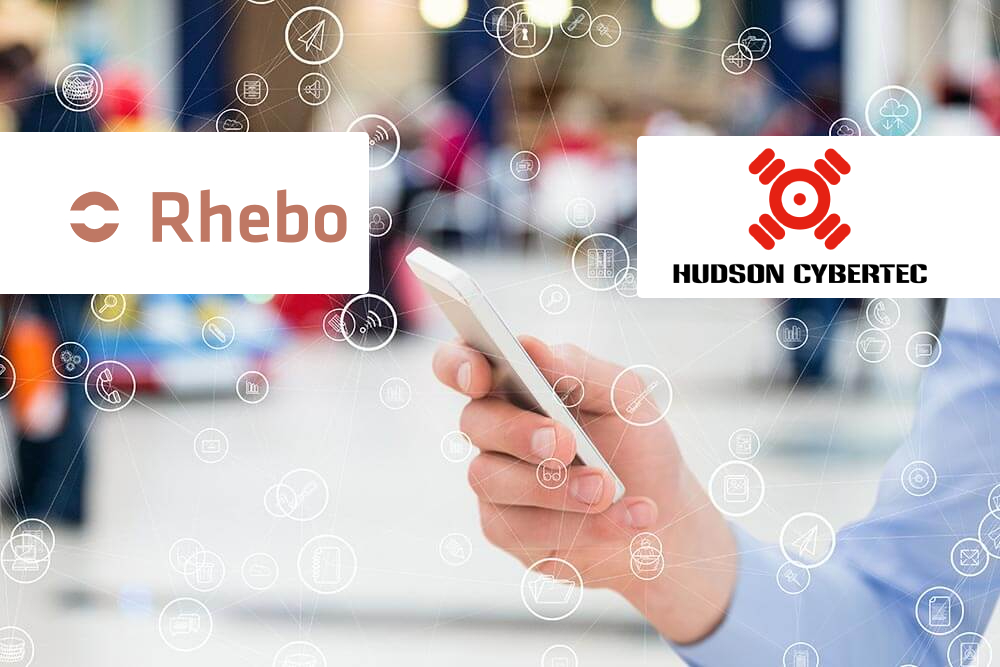Organizations that supply water, electricity or energy, for example, usually have their cyber security in order. They increasingly demand from their suppliers that the delivered systems or instrumentation are cyber secure. Not only the systems, but also the organizations themselves must be well secured. ‘This is not always the case with SMEs’, says Marcel Jutte, managing director of Hudson Cybertec, specialized in cyber security for technical environments.
High degree of automation

‘The complexity and degree of automation in technical installations increases constantly, which results in organizations that are increasingly dependent on their technical systems. Developments such as Internet of Things and LoRa increase the exposure to cyber threats. More and more large organizations – for example from the oil and gas sector – are aware of cyber security and the complexity of Internet of Things. Because of this, they not only ensure their own organization is properly secured but also start to impose demands on their suppliers. The organizations screen their suppliers by means of a scan or assessment. They can then determine whether the instrumentation or systems they implement in their assets are sufficiently protected against cybercrime ‘, says Marcel Jutte. With such a security scan, the cyber resilience according to IEC 62443, the globally accepted standard for IACS cyber security, is reviewed. ‘We examine to what extent the three pillars of cyber security – people, process and technology – are on par with the IEC 62443. Are employees aware of the issues and potential risks? What level of education do the employees have? (people) Are all technical installations cyber secure? What else needs to be done to mitigate the risks as much as possible? (technology) Which procedures, protocols and policy measures have been created and are they complied with? (process)? Based on a questionnaire and its answers, it is possible to estimate the potential risk and offer tailor-made training courses.’ The rising trend that organizations expect a certain level of cyber security from their suppliers is evident in the tenders available on the market. In these tenders cyber security is increasingly concretely named. ‘Purchasing departments increasingly clearly specify which requirements need to be met in the fields of OT (operational technology) and IT. This will also gradually involve SMEs. Perhaps not immediately, but it will happen.’
Source: ‘PT Industrieel Management (edition 7/8), September 2018’

